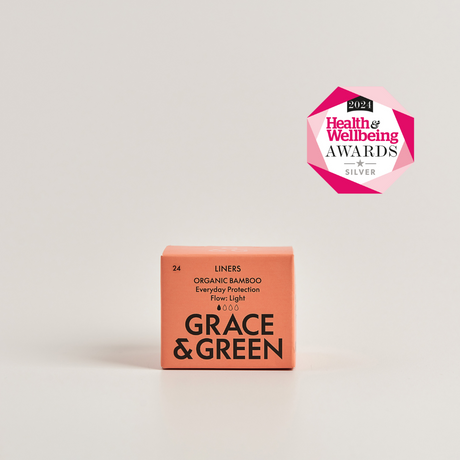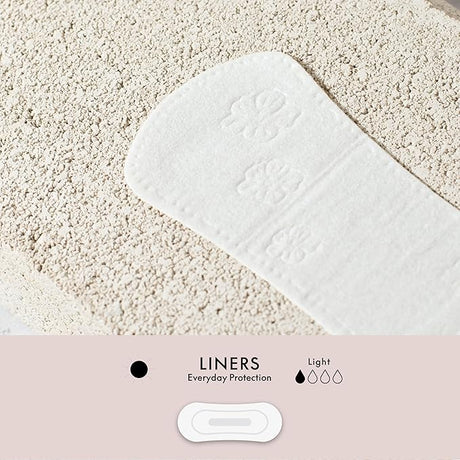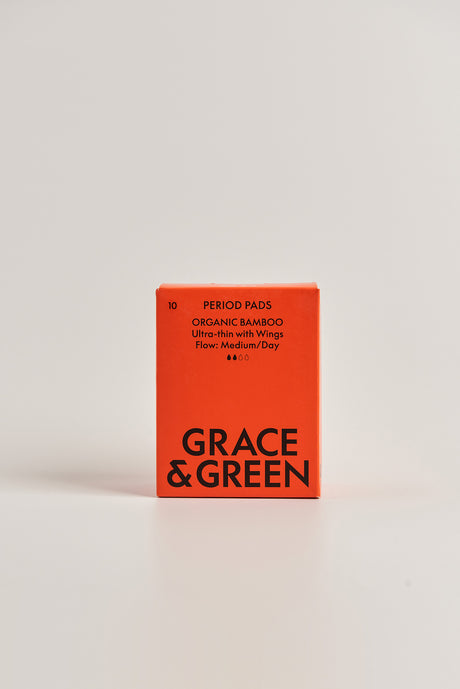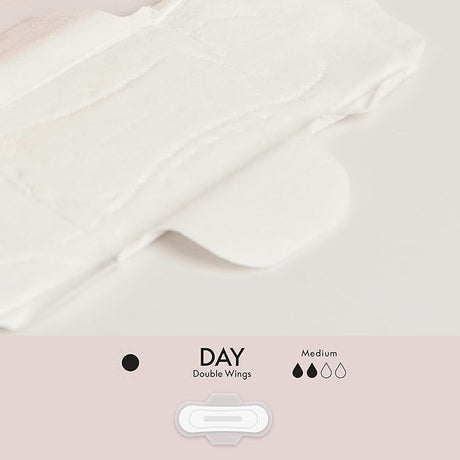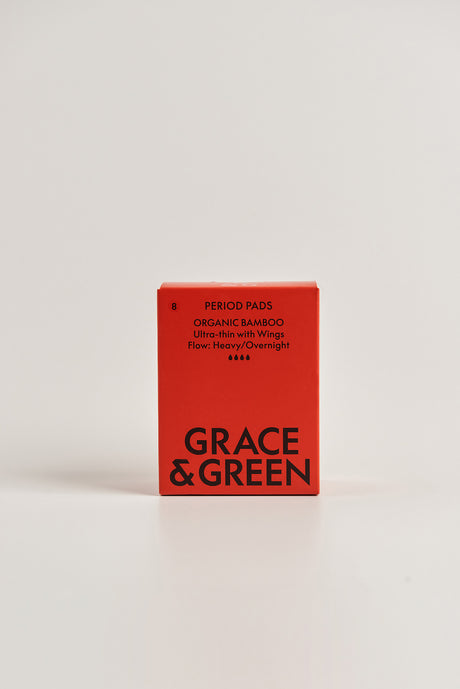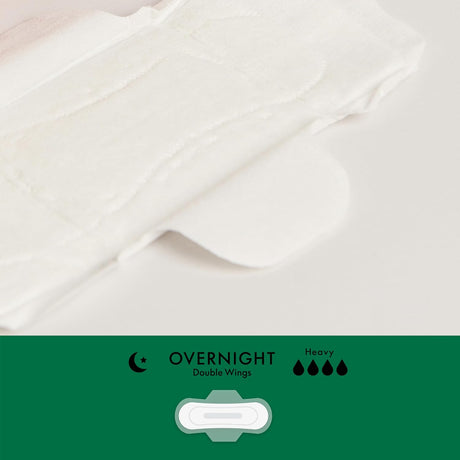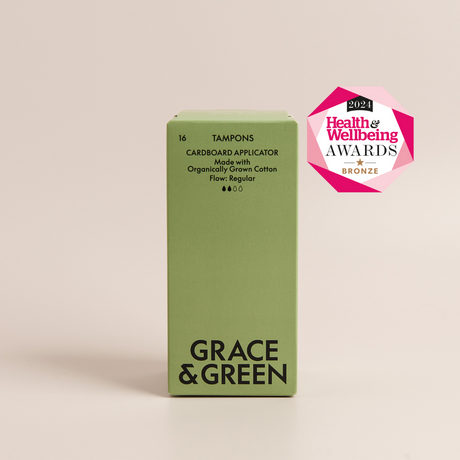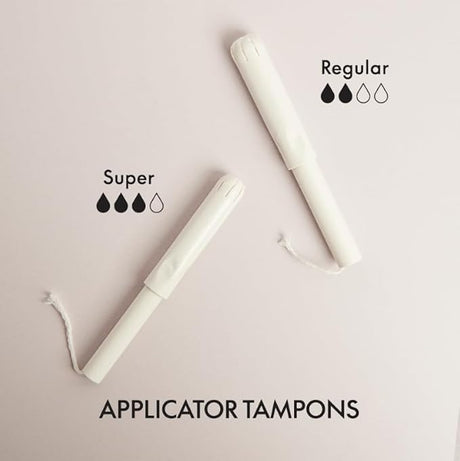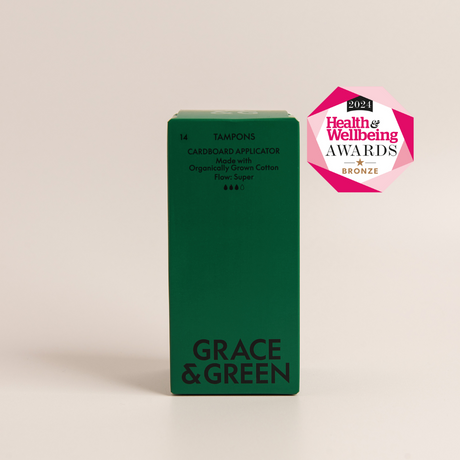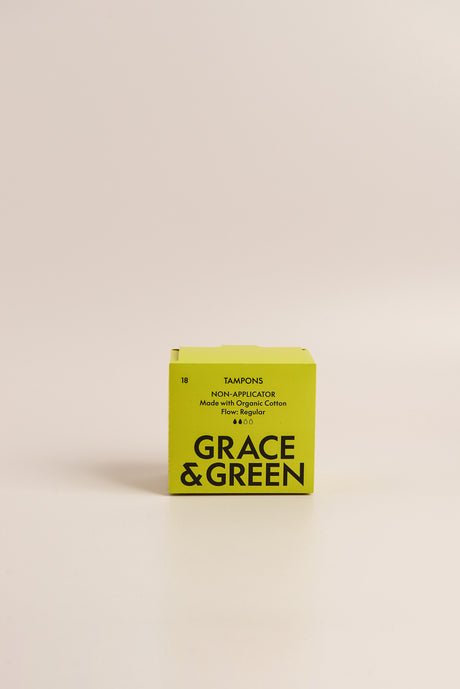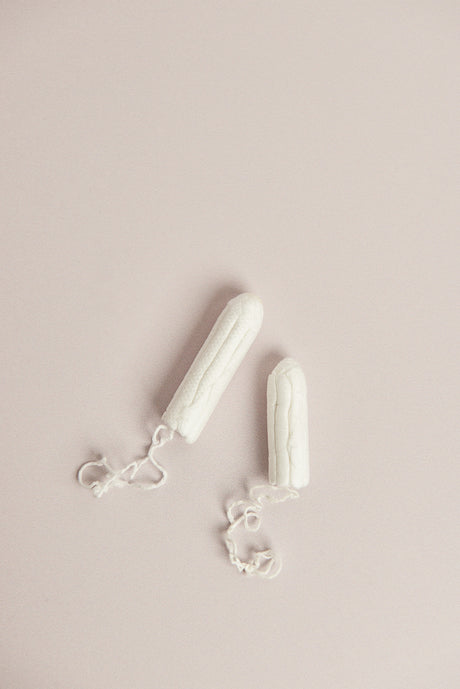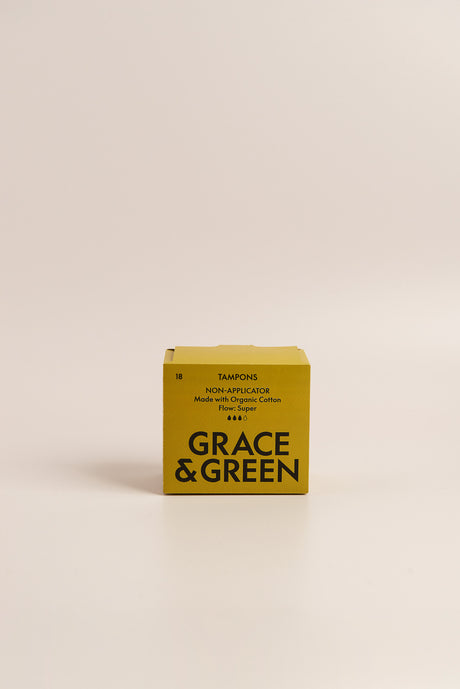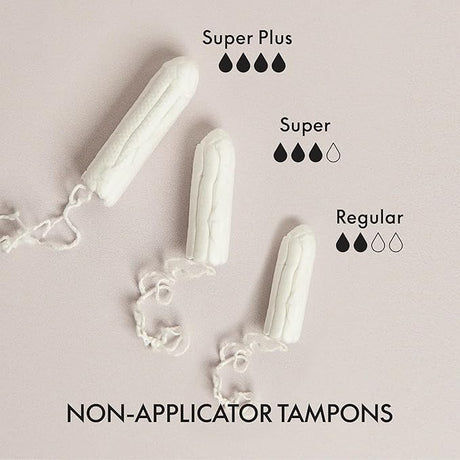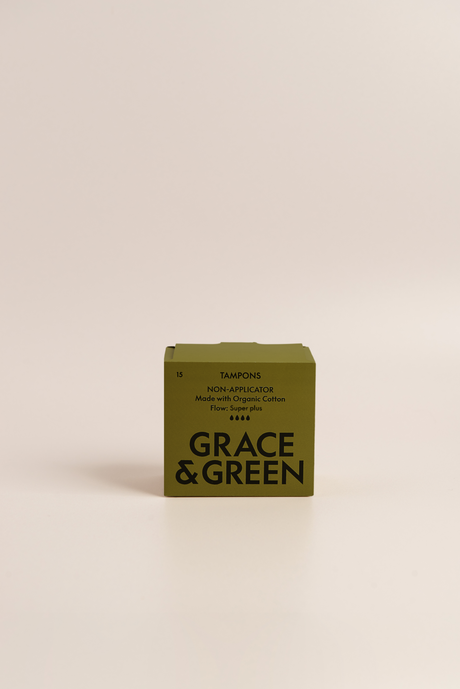Periods are normal, but period poverty is a real problem. For millions around the world, especially those facing financial challenges, periods can be a source of shame, exclusion, and missed opportunities. This is called period poverty, and it's something we can all work together to end.
Here's what you need to know and how you can help:
What is period poverty?
Period poverty is when someone doesn't have access to safe and affordable menstrual products, like pads, tampons, or cups, suitable hygiene facilities, waste management, or menstrual education. This can happen due to various reasons, such as financial issues or stigma surrounding periods.
Why is it a problem?
When people use unsafe methods during their period, it can lead to health concerns and decreased participation in daily activities. This can be especially damaging for young girls, who may miss school due to period poverty, hindering their education and future prospects.
How can we break the cycle?
Here are 3 steps we can take:
-
Talk openly about periods:
- Talk openly and honestly: Periods are nothing to be ashamed of. When we talk about them openly, we break the stigma and help everyone feel more comfortable. This can make coming forward with concerns or asking for support easier for anyone struggling with period poverty or menstrual health more generally.
- Educate others: Support educational programs in schools and communities that provide accurate information about periods. This creates a safe space for everyone to learn and ask questions.
- Spread the word: Share facts and information about period poverty on social media and with your friends and family. Many people aren’t aware of the pressing issue and knock on impact on gender equality.
-
Make period products affordable and accessible:
- Advocate for change: Support policies that make period products tax-free and readily available in schools, workplaces, and public spaces.
- Donate: Many organisations collect and distribute period products to those in need. Consider donating products or volunteering your time.
- Join a Period Dignity scheme: Many organisations and public spaces offer free period products to their staff, students and customers. Learn more about our Period Dignity scheme and how to join.
- Support businesses taking action: When you buy your own products, choose brands like Grace & Green that prioritise period equity and provide accessible products to businesses, schools, governments and universities.
-
Offer a variety of period products:
- Provide options: Different people have different needs and preferences. If you are an organisation, employer or school, make sure you are offering your people various options, like pads, tampons, and menstrual cups, ensuring everyone has a choice.
- Educate about options: Provide information about the different types of period products and how to use them safely and effectively.
- Respect individual choices: Everyone should feel comfortable choosing the product that best works for them.
Together, we can end period poverty and create a world where everyone has access to the menstrual health products they need. Let's work towards period equity, because everyone deserves dignity, freedom, and opportunity.


